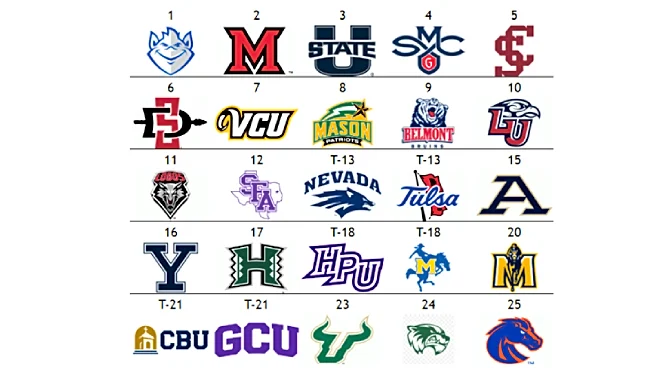Rapid Read • 8 min read
General Mamadi Doumbouya, the leader of Guinea's junta, has revoked a bauxite mining concession previously held by Guinea Alumina Corporation (GAC), a subsidiary of the Emirati conglomerate Emirates Global Aluminium (EGA). This decision was formalized through a decree announced on public television, citing GAC's non-compliance with Guinea's mining code. The concession, located in the Boké region, is now transferred to a newly established state-owned entity, Nimba Mining Company SA. This move is part of a broader strategy by the junta to increase state control over Guinea's natural resources, which has included the revocation of numerous foreign and local mining licenses. EGA has condemned the action as an illegal takeover, highlighting the potential loss of over 3,000 jobs and questioning Guinea's adherence to the rule of law.
AD
The revocation of the mining concession underscores a significant shift in Guinea's approach to managing its natural resources, which are crucial to its economy. As one of the world's leading bauxite producers, changes in Guinea's mining policies can have substantial implications for global aluminum markets. The decision also raises concerns about the stability of foreign investments in Guinea, potentially deterring future investors due to perceived risks of governmental overreach and legal uncertainties. The move could also exacerbate economic challenges within Guinea, as the loss of jobs and potential reduction in foreign investment may impact local communities and the broader economy.
The international business community and foreign governments may closely monitor Guinea's actions, potentially leading to diplomatic discussions or economic repercussions. EGA and other affected companies might seek legal recourse or international arbitration to challenge the junta's decisions. Domestically, the junta may face increased scrutiny from local stakeholders and civil society groups concerned about the economic and social impacts of such policies. The situation could also influence Guinea's future political landscape, as the junta's actions may affect its legitimacy and relations with international partners.
This development highlights broader ethical and legal questions regarding resource management in countries with rich natural deposits but complex political environments. The balance between national sovereignty over resources and the rights of foreign investors is a recurring theme in global resource politics. Additionally, the situation in Guinea may prompt discussions on the equitable distribution of resource wealth, as the benefits of mining have historically been unevenly distributed, often bypassing local communities.
AD
More Stories You Might Enjoy













